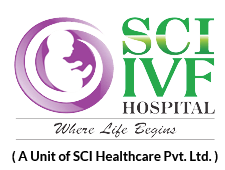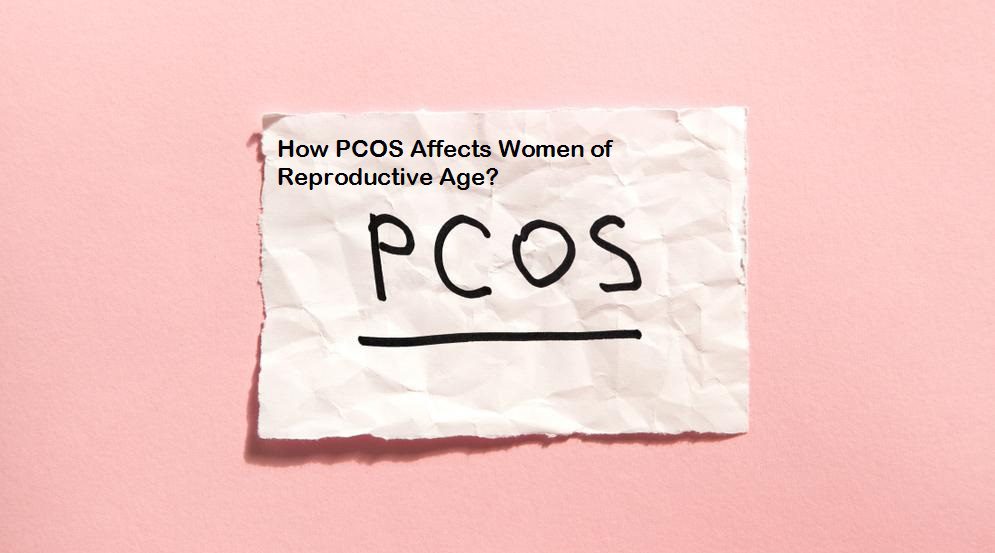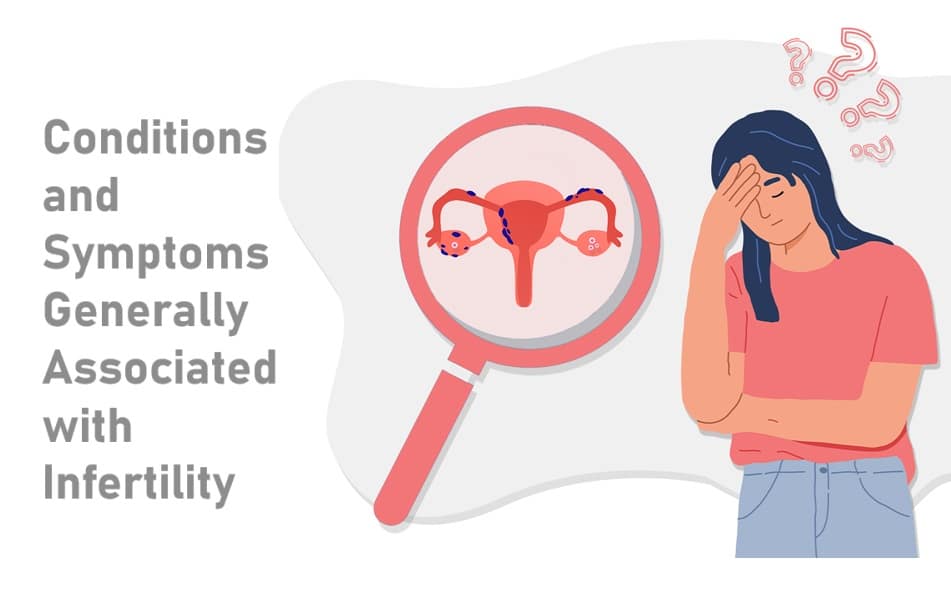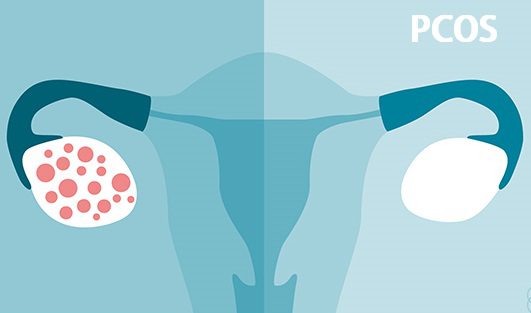Women with PCOS have an abnormally high level of androgen production, and a male sex hormone normally presents in modest levels inside the female reproductive system. Small cysts (fluid-filled sacs) develop in the ovaries, and the condition is known as polycystic ovarian syndrome. Obesity exacerbates the signs and symptoms of PCOS. As a result, you should make an appointment with the top PCOS treatment center in Delhi.
PCOS symptoms to look out for
When a woman reaches puberty, she is more likely to experience the initial signs and symptoms of PCOS. PCOS may also appear later in life, for example, due to a significant increase in body weight.
PCOS may manifest itself in a variety of ways. If you have two or more of the following symptoms, you may be diagnosed with PCOS:
- Irregular periods: Signs of Polycystic Ovarian Syndrome (PCOS) include abnormally frequent or protracted menstrual periods, the most prevalent. There might be less than nine monthly cycles in a year, a period interval of more than 35 days, or a very heavy period.
- Excess androgen: Physical symptoms such as excessive face and body hair (hirsutism), severe acne, and male pattern baldness may occur when male hormone levels are elevated.
- Polycystic ovaries: The eggs in your ovaries may be surrounded by follicles if your ovaries are big. The ovaries may stop regularly working as a consequence of this condition.
If you have PCOS, can you still get pregnant?
While becoming pregnant on one’s own isn’t impossible for a woman with PCOS, many require the help of a fertility doctor. PCOS treatment in Delhi has several different methods to effectively cure your PCOS problems. For example, if you want to have a family, you may need to adjust your diet, engage in physical activity, and take medication to induce ovulation.
What are the factors that contribute to PCOS?
PCOS’s actual etiology is a mystery to medical researchers. High amounts of male hormones, according to this theory, inhibit the ovaries from properly generating hormones and eggs.
Excess testosterone production has been related to various factors, including genetics, insulin resistance, and inflammation.
- Genes: According to research, PCOS tends to run in families. Many genes, not just one, are likely to be responsible for the disorder.
- Insulin resistance: PCOS is associated with insulin resistance in as many as 70% of female patients. The pancreas’ job is to make insulin, which the body uses to convert dietary sugar into energy.
When cells are unable to adequately use insulin, the body’s insulin requirements rise. To make up for this, the pancreas pumps out extra insulin. The ovaries generate more male hormones when insulin levels are increased.
Insulin resistance is a common complication of being overweight or obese. Type 2 diabetes may be exacerbated by both obesity and insulin resistance.
- Inflammation: Inflammation is a common problem for women with PCOS. Inflammation may be exacerbated by being overweight. Excessive inflammation has been associated in studies with greater levels of androgen.
PCOS and Infertility
Due to an excess of estrogen produced by the ovaries in women with PCOS, this disorder severely influences fertility. During pregnancies in which ovulation is disrupted, the risk of complications such as gestational diabetes and insulin resistance rises. When ovulation is disrupted, menstrual cycles become irregular.
Conclusion
As one of the best IVF centre in Delhi NCR, we’ll never leave you to figure things out independently. Individualized care is the hallmark of our SCI IVF HOSPITAL. Your condition will be evaluated from a variety of angles by professionals from other areas.





